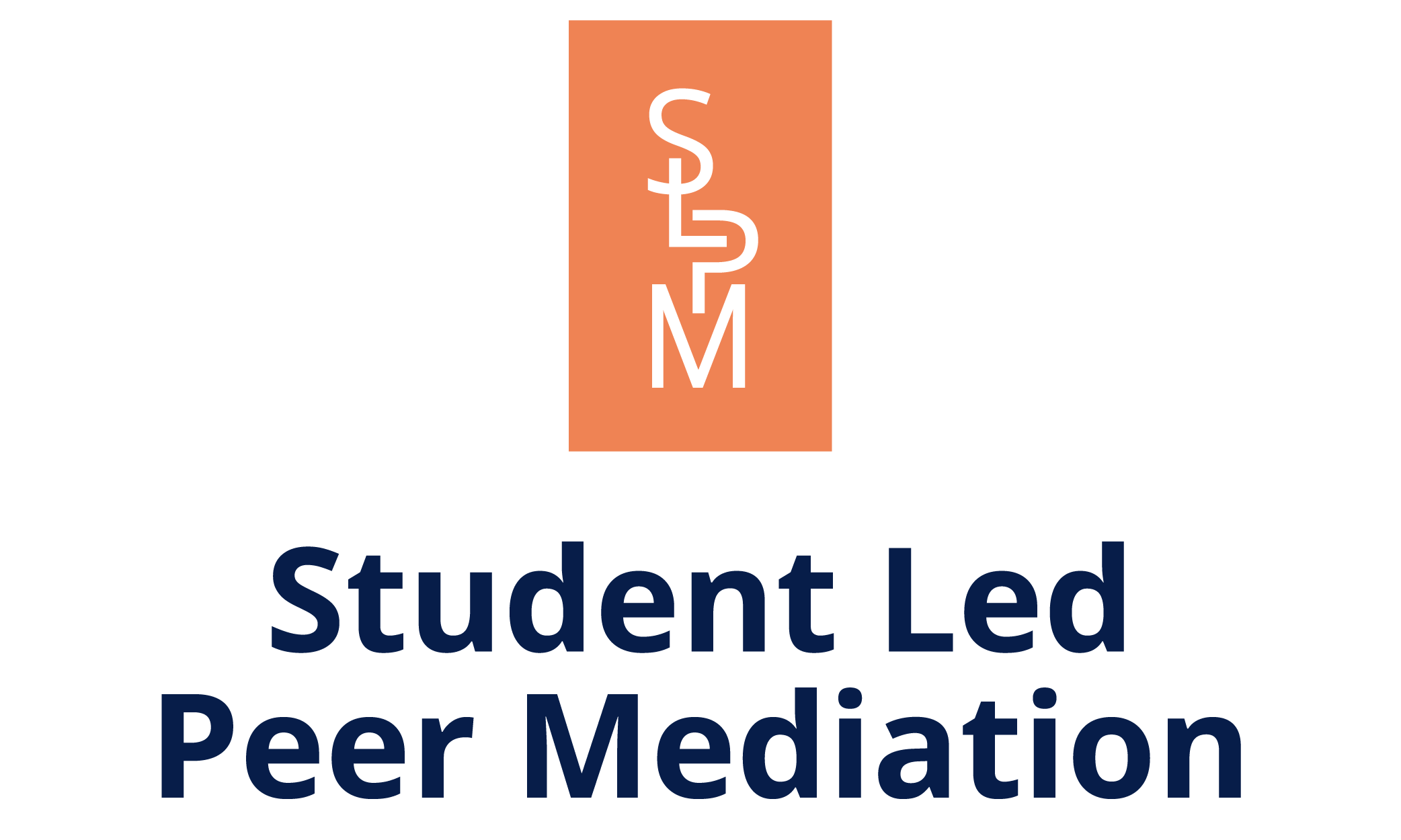Student-Led Peer Mediation Program is a pilot and evaluation project supported by a grant from the St. Louis Mental Health Board. Student-Led Peer Mediation is a process where trained students act as neutral mediators. Students in conflict work with a trained student mediator to uncover the root causes of their disputes and together decide on fair ways of resolving their conflict. Student-Led Peer Mediation can have vital longitudinal benefits for students, such as learning helpful communication skills, and dispute resolution techniques that can be utilized in personal and professional engagements throughout the lifespan. Through learning mediation skills and techniques, youth learn about the importance of viewing conflict as normal and healthy if they are empowered with the skills and tools to navigate it.
Program History
During the summer of 2021, Conflict Resolution Center St. Louis received a grant from the St. Louis Area Violence Prevention Commission to work directly with students to create a guide to outline what an ideal peer mediation program could look like in their schools. CRCSTL worked alongside high school student advisors in a focus group setting for a series of summer meetings to discuss topics related to conflict resolution and the students learned about the mediation process. Students compared research around peer mediation and conflict resolution topics, learned the steps of the mediation process, and named the program. As a result of the focus groups, CRCSTL was able to get direct student feedback and insight into the types of conflicts that students face in school each day, and how learning the mediation process can help students effectively engage with conflict. One student stated “Students are suspended every day for things that could just be talked out”. At the end of the summer sessions, CRCSTL created and designed a program guide for schools to read more about peer mediation and the student advisors’ recommendations for the program. The Student Led Peer Mediation Program Guide is available for free to download here.
Conflict Resolution Center St. Louis is now the grateful recipient of a grant from the St. Louis Mental Health Board to directly implement the SLPM program in schools as a pilot and evaluation project. The implementation of the program will follow the insights gained from the focus groups with the student advisors. The pilot program will prioritize student leadership and voice. Peer mediators will participate in a training in order to feel supported, empowered, and prepared to act as peer mediators in their school. In the training students will learn to de-escalate conflict, hold difficult conversations with their peers, how to utilize active and reflective listening skills, how to write a mediated agreement, and how mediation is used in real world situations.
The Student-Led Peer Mediation Program is the result of a partnership between Conflict Resolution Center - St. Louis (“CRCSTL”), and its funder, the St. Louis Mental Health Board.
CRCSTL Mission
Conflict Resolution Center - St. Louis empowers people to resolve conflict through accessible mediation, coaching, and education.
CRCSTL Vision
Our communities will have the tools to resolve conflict creatively and reach meaningful, equitable solutions.
About CRCSTL
Conflict Resolution Center - St. Louis offers safe, private meetings led by neutral facilitators who help individuals or groups in conflict have a dialogue on the situations they face. Conflict Resolution Center - St. Louis (CRCSTL) was founded in 2017 by John Doggette, Jane Davis, Mary Wheeler, and JoAnn Williams to become the go-to community mediation center in St. Louis. In 2018, CRCSTL received its first contract with the City of St. Louis to provide community mediation services at no cost to St. Louis City employees, residents, and community members.
Since then, CRCSTL has focused on non-litigious disputes between City employees, neighbors, citizens, and police. For example, we have worked with neighbors in conflict over noise or upkeep of the property, with supervisors and employees’ disputes in the workplace, and we have provided mediation for neighborhood groups in a conflict over such issues as proposed new construction, changes in zoning, or reactions to crime.
In 2020, CRCSTL started its housing mediation program, offering mediations even where the parties had a pending court case. With these new service additions, CRCSTL's operations expanded dramatically, and our ability to better serve the St. Louis community. CRCSTL also earned a Platinum Seal of Transparency from GuideStar, the highest seal available! By sharing information about our goals, strategies, capabilities, achievements, and progress indicators, we highlight the difference we help make in the world. Learn more on our GuideStar Profile.
Advisory Committee
-
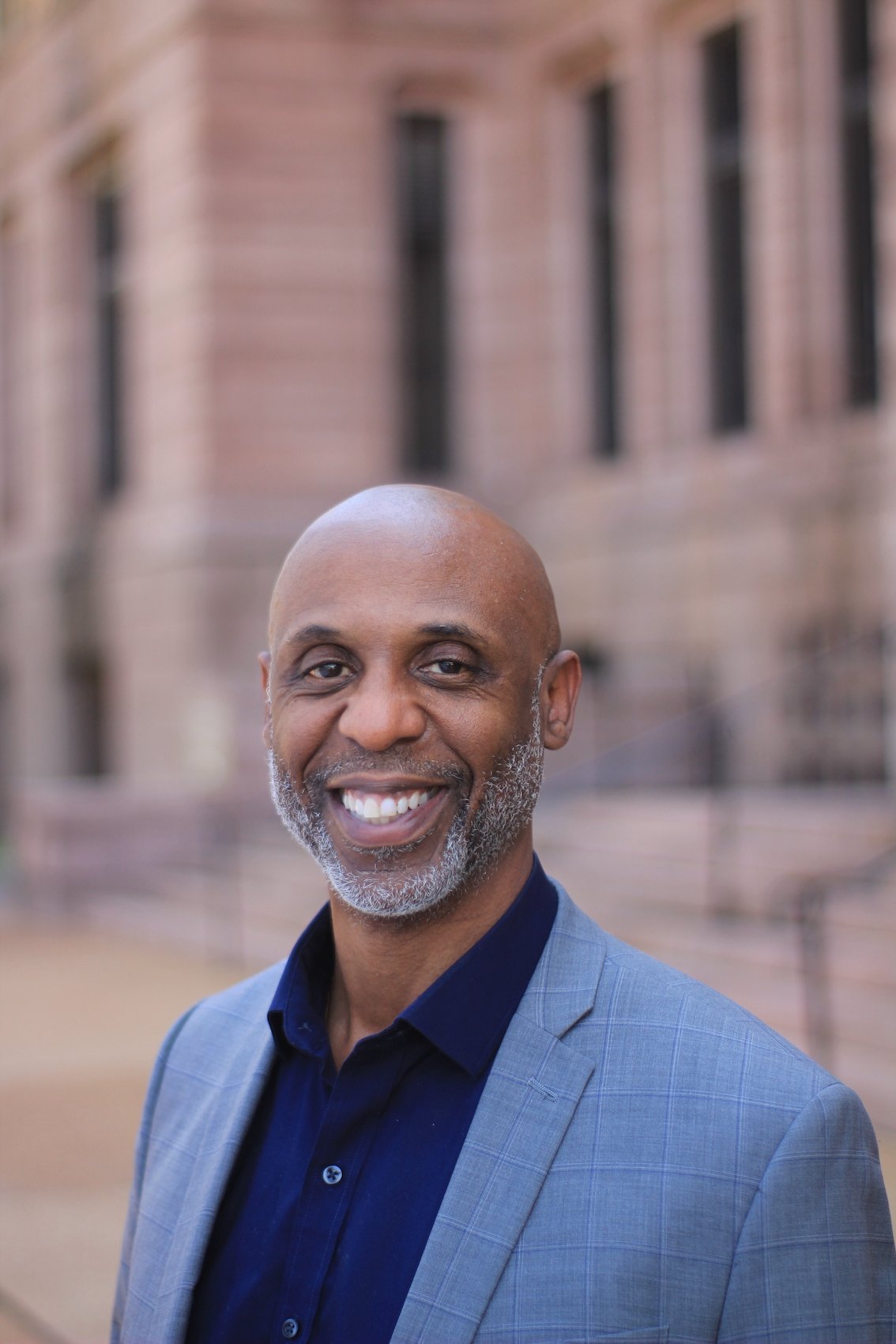
Wilford Pinkney Jr.
Wilford Pinkney Jr. has spent the last 34+ in the criminal justice sector promoting safety, education, policy development and training. He currently serves as the Director of the Office of Violence Prevention for the City of St. Louis. The Office of Violence Prevention provides strategic direction and oversight for the City of St. Louis’ efforts create safe and healthy neighborhoods free of violence.
Mr. Pinkney previously served as the Director of the Mayor’s Office of Children, Youth, and Families for the City of St. Louis. He has overseen the development of a Crisis Management System focused on building healthy and vibrant communities by addressing trauma and increase access to care. Prior to joining the administration, Pinkney was a FUSE Executive Fellow leading a cross sector group of stakeholders in the development of a comprehensive pretrial reform plan in the City of St. Louis. He also served 20 years as a member of the New York City Police Department and is founder and CEO of Puissance Management & Consulting LLC.
-
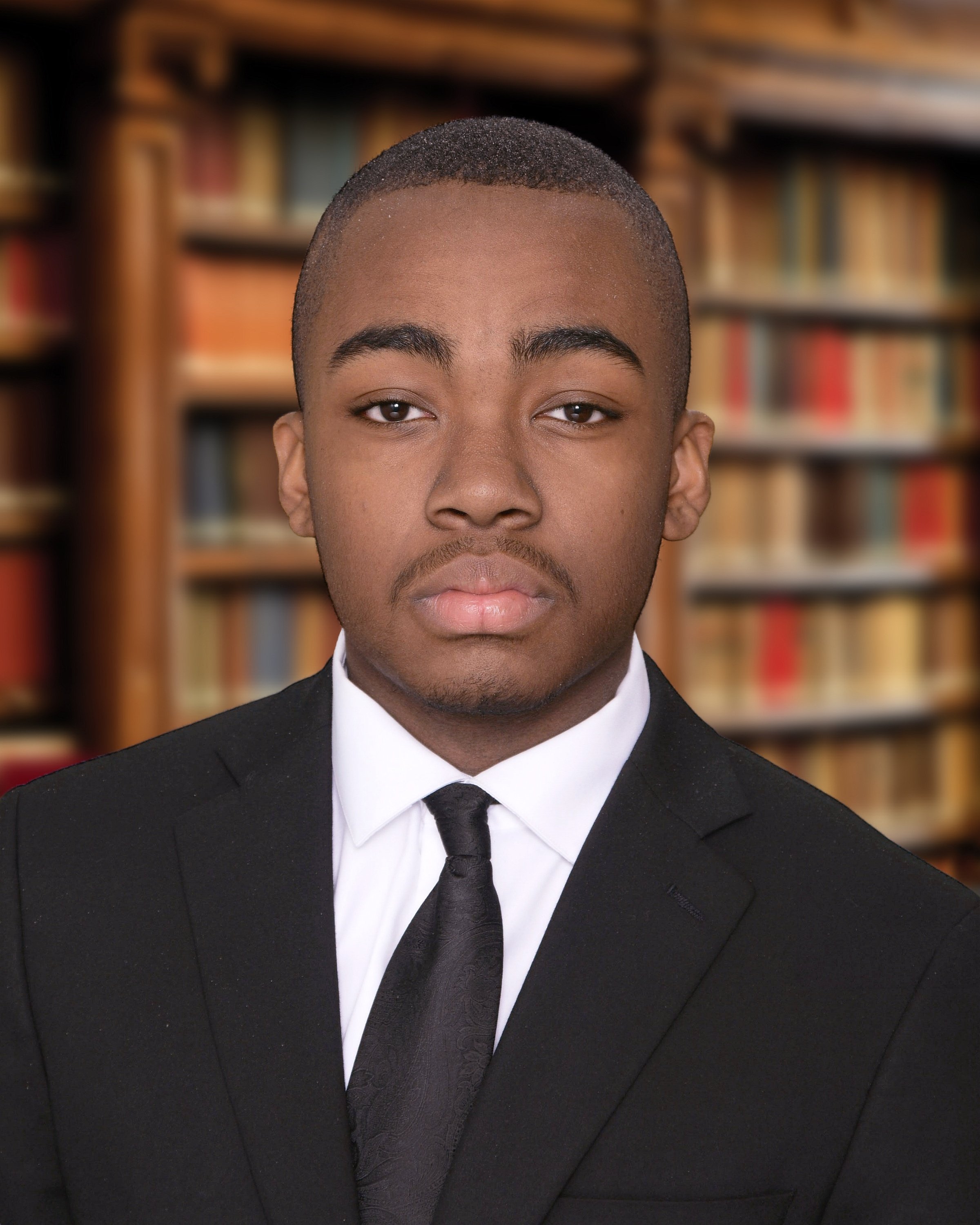
Ismail Botchway (Student Ambassador)
Ismail Botchway is a rising senior at Collegiate School of Medicine and Bioscience. He helped create the Saint Louis Peer Meditation Program. Ismail worked on designing the curriculum as well as the name and logo. He is our current Youth Ambassador and works to facilitate and promote peer mediation methods throughout St. Louis to resolve conflicts and reduce violence.
-

Chris McGee
Dr. Chris McGee serves the Maplewood Richmond Heights School District located in the St. Louis suburban area as the Assistant Superintendent. His thesis was entitled “The Correlation of Standards-Based Grading and the Performance on Standardized Assessments.” Since his first year of teaching he has been a leader in innovation and the technological advancement of education. He served his alma mater as the president of Webster University's alumni association's board of directors. His passion for professional learning has inspired him to start a non-profit organization called Connected Learning, for which he serves as the CEO. He has been recognized as an Apple Distinguished Educator, a Google Certified Innovator and a Phi Delta Kappa Emerging Leader. For more information on Dr. McGee visit his website www.chrisrmcgee.com, or connect with him on twitter at https://twitter.com/cmcgee200.
-
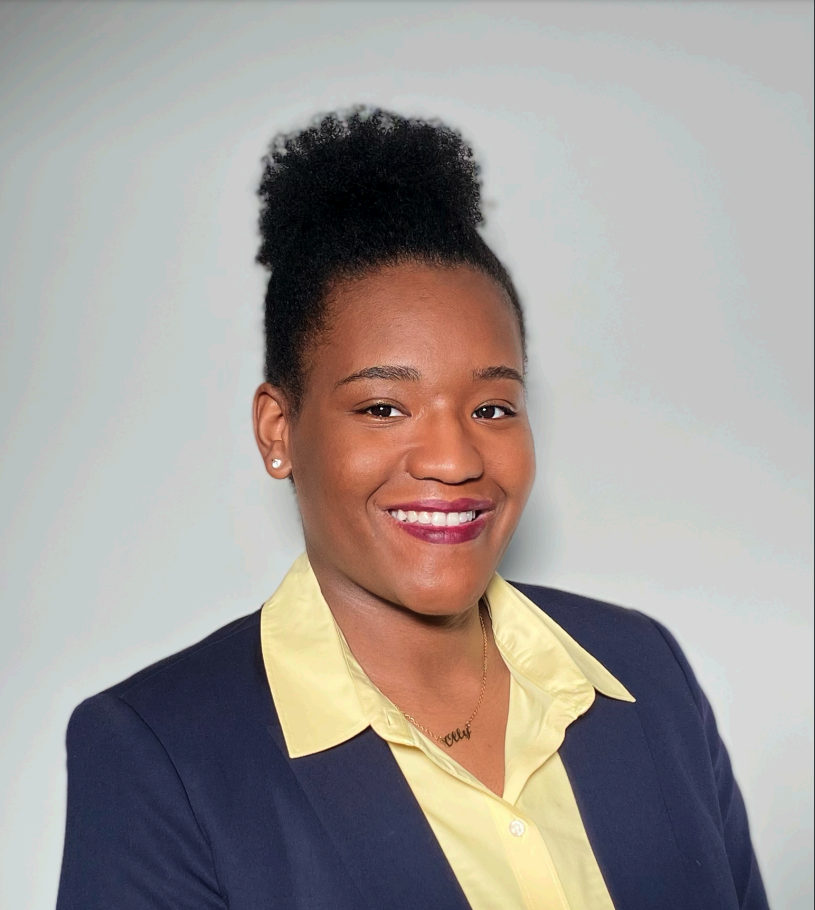
Olivia Walton
Olivia Walton is a dedicated community advocate, committed to supporting individuals in recovery from substance use & mental health disorders. As a mother of three young children, she brings a unique perspective to her work, emphasizing the importance of creating a safe and nurturing environment for individuals to rebuild their lives. With a passion for making a positive impact, Olivia actively volunteers with various nonprofits in the community, demonstrating empathy and a genuine desire to uplift those in need. In her personal time, she enjoys golfing, hiking, and cherishing moments with her family.
-
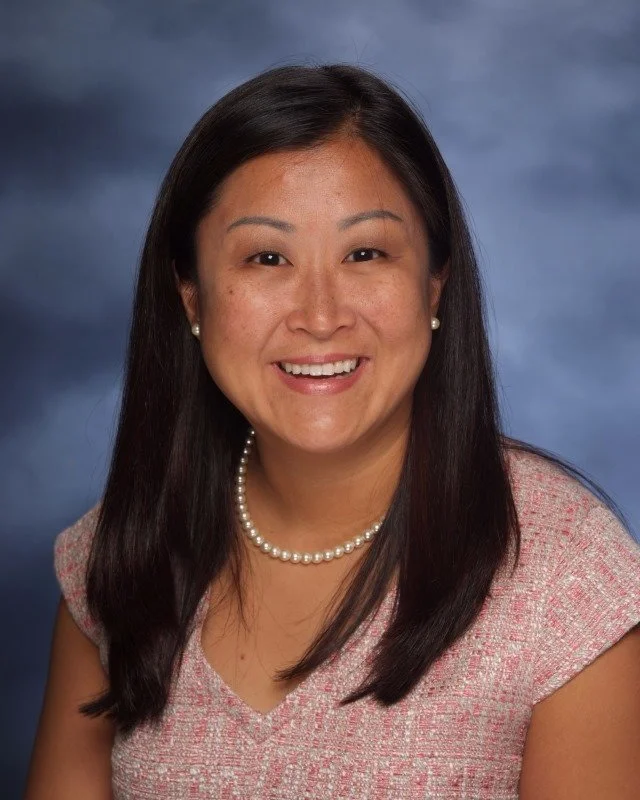
Grace Lee
Dr. Grace Lee (she/her) is the Dean of Faculty at Mary Institute St. Louis Country Day School (MICDS), an independent school in St. Louis, Missouri. Previously, she served as a school social worker, ELA teacher, assistant principal and principal in the Jennings, Parkway, Webster Groves and University City School Districts. In every aspect of school leadership, Dr. Lee brings her social work lens to her role as an educator. She works to create systems to ensure equity and access. She recognizes that change only comes when systems are examined, dismantled and reimagined. She relentlessly confronts white supremacy when analyzing and reimagining systems and challenges not only her team but herself to continually confront the biases that influence decisions made, especially those impacting children. The core of her beliefs centers around elevating student and teacher voices to leverage leadership to shift the educational landscape for change. Her work focuses on moving away from incentive based and punitive consequences that only perpetuate the school to prison pipeline but truly engage children as active, equal partners in upholding a school community that fosters a sense of belonging, purpose and recognition of self-worth.
Dr. Lee has presented across the region and country at various conferences around character education, restorative practices and racial equity. She has shared the outcome of her work and what a school looks like when students and teachers feel seen, heard and loved. She continues to reimagine school for children in her current educational home, empowering and supporting students and teachers. She hopes that everyone understands they are worthy and encourages people to walk unapologetically in their purpose.
-

Candace Anthony (Program Evaluator)
Dr. Candace Anthony is a St. Louis native who navigates her field with a passion for advocating for others as they strive to reach their next level. With over 15 years of experience in the mental health field and over 10 in program development and management, she has mastered a niche for working with the community to increase mental health awareness and guide organizations to improve program effectiveness and impact.
Dr. Candace is licensed in Missouri and Georgia and has earned the Board Certified-TeleMental Health (BC-TMH) certification, expanding her reach beyond the office. She obtained a Bachelor’s degree in Psychology from Southeast Missouri State University, a Master's degree in Community Counseling from the University of Missouri - St. Louis, and a Doctorate in Higher Education Leadership from Maryville University.

